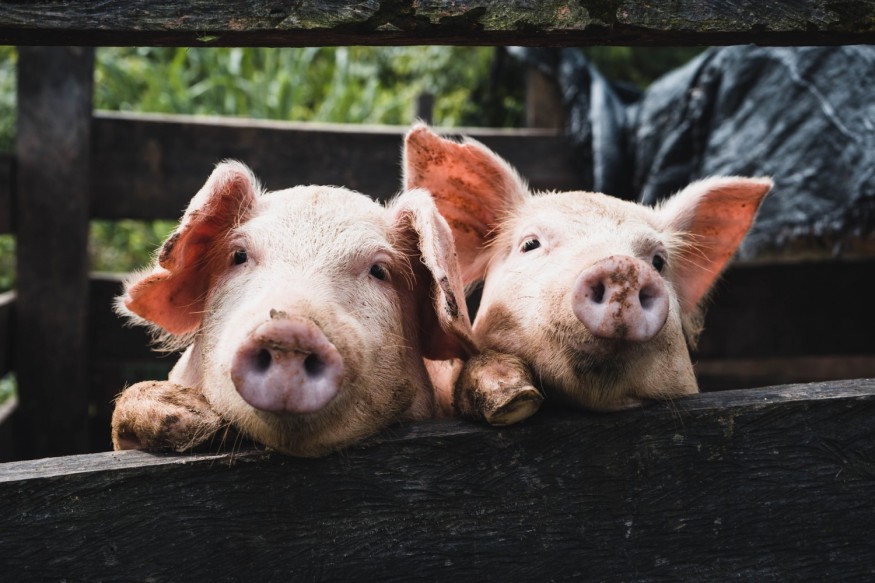As the main source of meat and food in China, pigs are currently put under biosecurity to keep them disease-free and inhospitable to viruses with devastating effects.
In southern China, 13-storey 'hog hotels' were built for over 10,000 pigs, with great amenities, including security cameras, carefully prepared meals, veterinary services, even the robotic ones which monitor the animals for fever, filter the air, automatically feed and disinfect, with restricted access.

The condominium-style complex serves as giant vertical farms in response to controlling a potential outbreak such as the African swine fever which wiped out around 400 million pigs in 2018, half of the nation's hogs in the two years' time.
The rapid decrease of pigs on the last outbreak in China pushed companies, including Muyuan Foods and New Hope Group, to establish more rigorous controls such as that of other countries, to prevent disease among pigs.
"In 20 years, it's done what the Americans took probably 100 years to do," said Mr Rupert Claxton, the UK-based meat director at consultant Gira, noting that the biosecurity gap between China and the US and Europe was closing.
The country's pig production has accelerated in the following years
After China's attempt to implement new agriculture policies and move pig farming from backyard farms into larger-scale, industrial operations, hog numbers have increased rapidly and remained since the 2018 African swine fever outbreak.
As of 2020, 57 per cent of the country's pig production has come from industrial farms, supplying more than 500 hogs a year, which was considered as a rapid increase compared to the one per cent from larger suppliers before the outbreak. The increase in pork production led to price drop in China, and authorities begun to purchase pork for state reserves to help shore up the market.
'Hog hotels' are equipped with a system that prevents outbreak
While there were only 11 incidents of the African swine fevers reported in 2021 so far, China's ministry believes that the novel strains of the virus have begun to emerge in the pig population, thus the decision to cull more than 2,000 pigs to contain a possible outbreak. They are also hopeful that the 'hog hotels' are capable of providing a safe place that prevent outbreaks, with their high-technology systems that enables monitoring of the animals' conditions and disinfects the place.
Moreover, the protocols are established firmly and strictly due to the high number of pigs that lives there. This means even a small risk of an outbreak could spread within the farm very fast and easy.
Other preventive measures such as making sure that the staff showers and changes into clean clothes before attending to the hogs are observed. Wristwatches are also not allowed upon entering the facility. The staff even have their dormitories as an attempt to limit workers' contact with the outside world.
These restrictions are provided to make sure all of what a pig farm needs are addressed, even if it means living next to the sites.
© 2025 NatureWorldNews.com All rights reserved. Do not reproduce without permission.





